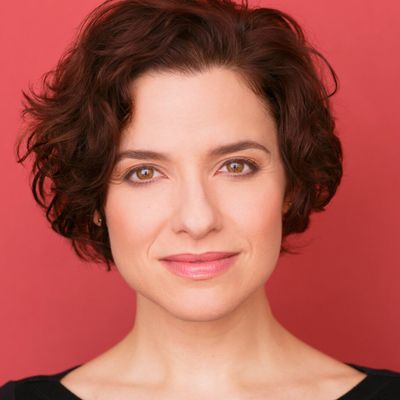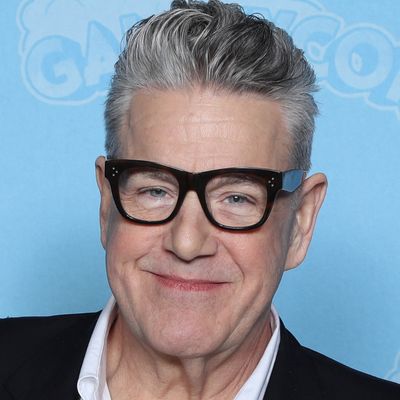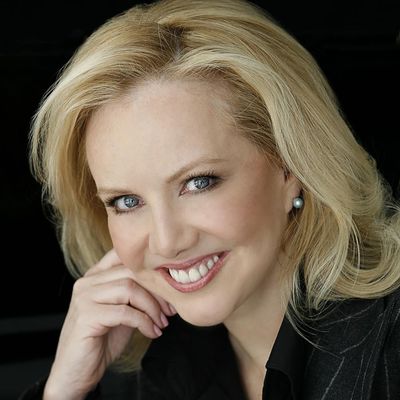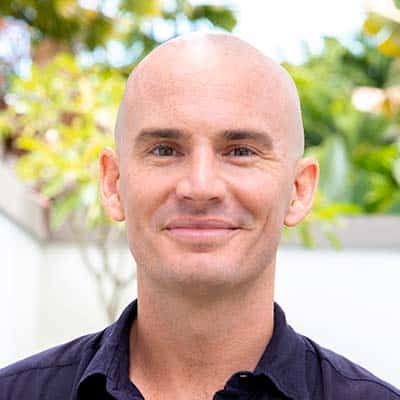Welcome to the Season Three Finale of Conversations with Changemakers. This is one of my absolute favorite episodes to create because I get to present you with the through lines from three different years of conversations, but also what's been going on in our world for the last 12 months.
Listen now to discover the biggest takeaways around the central question…
“How can you use your work to change the world?”
Click here to access bonus resources from this episode.
Connect with Tony Howell:
Episode Credits:
- Art by Tony Howell + Gertrude Pillena
- Editing by Unapologetic Amplified
- Hosting by Broadway Podcast Network
If you enjoyed this episode, please visit RateThisPodcast.com/tonyhowell. Be sure to check out our past conversations and subscribe for next month’s special guest!





